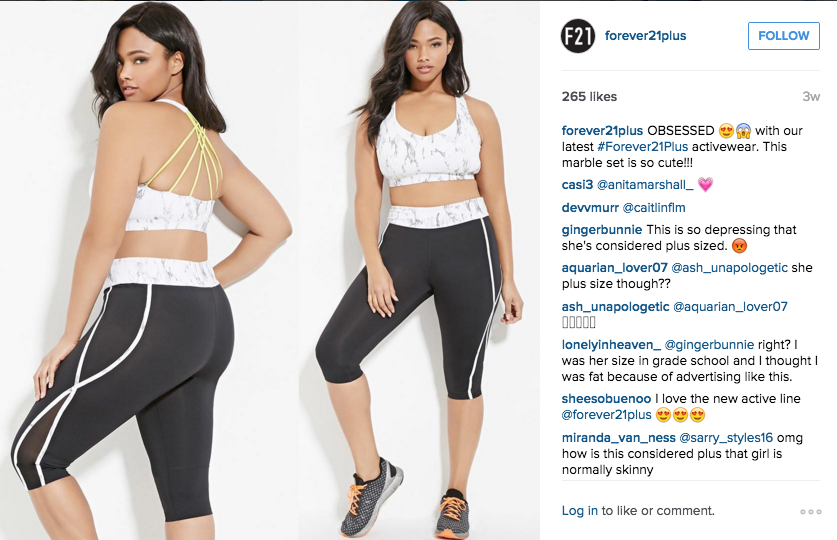However, shoppers globally were shocked to hear of the trendy company seeking and filing for bankruptcy just recently in September 2019. Citing bankruptcy protections as an "important and necessary step to secure the future of our company, which will enable us to reorganize our business and reposition Forever 21", executive vice president Linda Chang is portraying that she, and the company as a whole, are confident in not just surviving but thriving into the future.

Maybe this is just me, but I'd be a bit more nervous if I were you, Linda.
Sure, Forever 21 has a lot to work against - the sheer number of other clothing stores to compete against alone, like Zara, H&M, TopShop, and so on, is enough to make anyone nervous. And to their credit, Forever 21 has tried a bunch of different ideas to move forward from the pack, but many of these have been met with backlash. Exhibit A - the Atkins Diet Bar controversy.
Atkins Nutritionals was established in 1998, and its goal is to promote weight loss and low carb diets to its customers. There have been anxieties about the effectiveness and safety of the diets Atkins promotes as early as 2003, worrying that it does not perpetuate consistent weight loss and promotes heart disease.

So... what the hell does Atkins have to do with Forever 21? This past summer, Forever 21 decided to place Atkins lemon flavored diet bars into their online orders for a brief period of time for an e-commerce promotion between the two companies. This is a relatively common and accepted practice between companies, but sending diet bars to a female audience between ages 18 and 24 without any forethought was certainly not the most forward thinking move. The retail company was met with significant backlash for the bars, clad with promises to "satisfy your hunger", claiming that it is "fat phobic."
This is not the first time that Forever 21 has been criticized for promoting unrealistic body standards and neglecting plus-sized customers, but the company truly and clearly has become out of touch with the times. The attempts to celebrate bodies within the same space not only end with the plus-sized section being shoved into the tiny corner of the store or a stark difference in options online, but then these attempts are supplemented with attempts to relate to the target audience - and apparently that means diet bars?

While this post certainly is not condoning anything within this situation, Charlotte Cooper discusses how the protests against these situations allows an influence of the market in her 2016 book Fat Activism: A Radical Social Movement. According to Cooper, "capitalism has become an acceptable tool for activists, not only in fatshion but also in terms of weight loss" (p. 174). Countless potential customers can access Forever 21, the internet, and news outlets within our culture - and that's the point. Along with that, they likely have access to social media and blogs to then put their thoughts to paper (or screen). Therefore, countless people have heard about or participated in the discourse revolving around the Atkins-Forever 21 controversy. The more women voice their opinions, the more the community expands - and the more companies will listen. Otherwise, they end up filing for bankruptcy. Let's hope that H&M and Zara are taking notes.
No comments:
Post a Comment